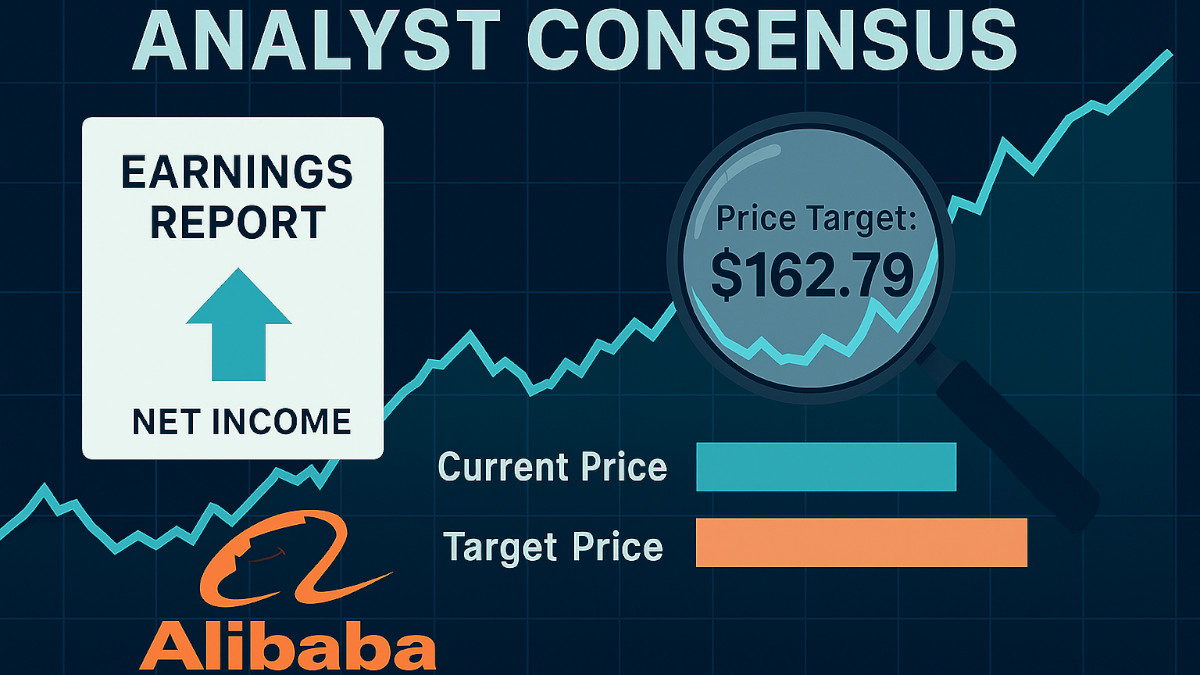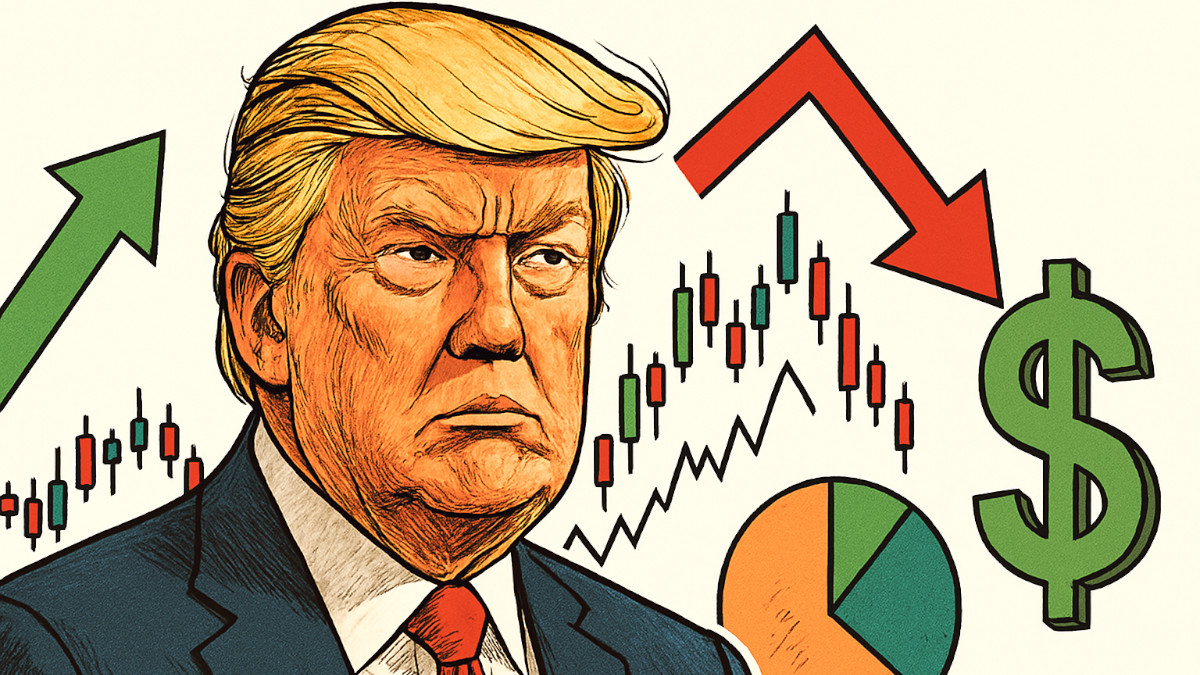SP500 News and Price Analysis

The S&P 500's decline in July and August of 2024 is a complex issue with multiple contributing factors. Here are some of the key reasons:
- Economic Concerns
Concerns about a looming recession have increased as economic indicators like the ISM manufacturing index have shown weakness. This has led to investor uncertainty.
While the Federal Reserve has signaled potential interest rate cuts, the pace of these cuts is uncertain. The market is pricing in a 25 basis point rate cut by the Federal Reserve in September, but there's uncertainty about the pace of subsequent cuts.
- Tech Sector Challenges
The tech sector has been a significant driver of the market in recent years, but it's also been a source of volatility.
Some argue that tech stocks became overvalued during the pandemic and subsequent economic recovery, leading to a correction. The P/E of the tech sector has increased by 30% over the past year.
After a strong rally driven by AI optimism, investors have been taking profits in tech stocks. Tech stocks have seen a 15% decline from their peak in July Tech companies are often cyclical, and their performance can be closely tied to economic conditions. A potential recession could negatively impact tech revenues and profits.
- Global Factors
The interconnectedness of the global economy means that challenges in one region can ripple through others.
As a major global economic player, China's economic struggles can impact demand for goods and services worldwide, affecting corporate profits and investor sentiment. China's GDP growth is projected to slow to 5% in 2024.
Trade disputes and tariffs can hinder economic growth, increase costs for businesses, and dampen investor confidence. The geopolitical risk index has increased by 10% since the beginning of the year.
- Seasonal Factors
Historically, the stock market has experienced a decline in September. The S&P 500 has historically declined by an average of 1% in September. This psychological factor can influence investor behavior.
SP500 Recent Performance
SP500 has experienced some fluctuations in the past few weeks. Despite short-term volatility, there's a clear upward trend in the medium to long term. The index is nearing a resistance level, which could lead to a potential pullback or breakout.
The S&P 500 is currently trading below its 20, 50, and 200 period moving averages on the 4-hour timeframe, indicating a bearish short-term trend. The price is nearing 38.2% Fibonacci retracement level, where it will probably meet the buyers and bounce up as a correction of the reaction to the latest news.
- Momentum Indicators
Despite the bearish price action, the Stochastic Oscillator is oversold, suggesting potential bullish exhaustion. Conversely, the RSI is nearing the oversold territory at 30, displaying a slight bullish divergence with price. This divergence may indicate weakening bearish momentum or a potential reversal.
- Volume Analysis
Decreasing trading volume accompanies the price decline, which could be interpreted as a lack of conviction among market participants.
Overall, while the short-term trend is bearish, the oversold conditions in some oscillators and the declining volume warrant close monitoring for potential signs of a bullish reversal.







